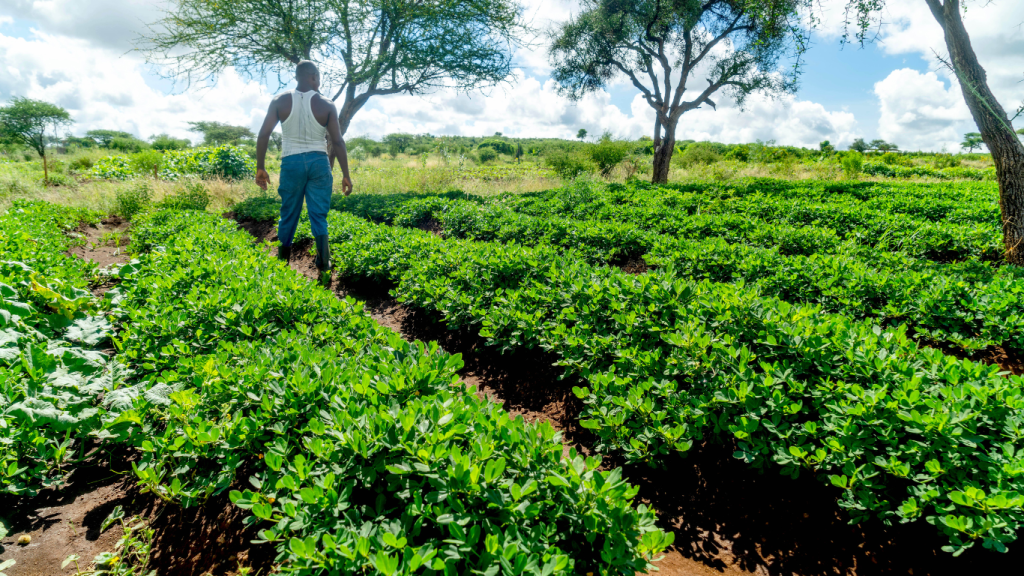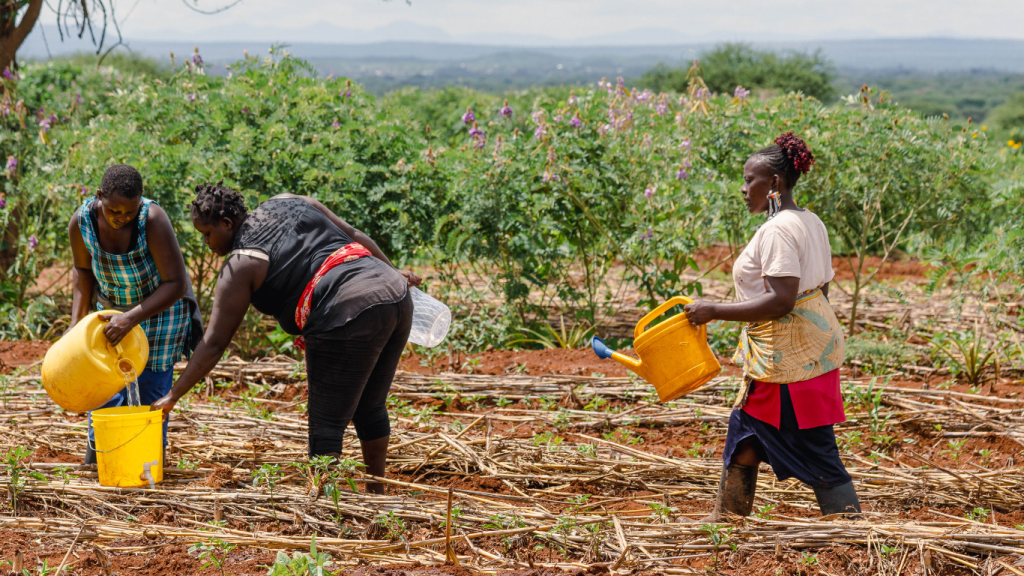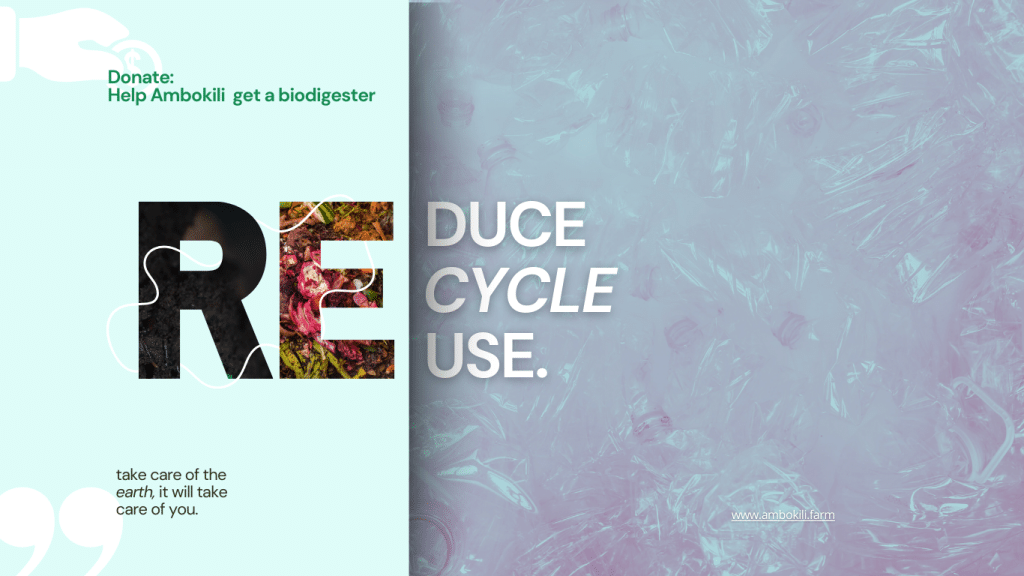How a Weather Station is Changing the Game at Ambokili Farm

In the heart of Kimana, where the semi-arid landscape lives between the whims of the sun and the scarce rain, Ambokili Farm is taking a bold step towards a more sustainable future. Introducing our latest game-changer: a state-of-the-art weather station!
🌾🌿Crop Selection for ASAL Regions: A Guide from Ambokili Farm

We work in Kimana, Kajiado, Kenya to help the local community restore semi-arid land through organic farming to reverse environmental degradation. One of the most critical components of successful farming in Arid and Semi-arid Areas (ASAL) is selecting the right crops. Understanding ASAL Conditions Arid and semi-arid lands are characterized by low rainfall, high temperatures, […]
The Essential Role of Irrigation Systems in ASAL Areas: A Case for Ambokili Farm

In the harsh and unforgiving landscapes of arid and semi-arid lands (ASALs), water is a precious commodity. The success of agricultural ventures in these regions hinges on effective water management, and irrigation systems play a pivotal role in this. Without irrigation, farming in ASAL areas is nearly impossible, as the soil quickly dries out, and […]
Waste Management at Ambokili Farm: Pioneering Sustainable Solutions Through a Biodigester

This isn’t just about keeping our farm clean (although that’s important too!), it’s about tackling some of the biggest challenges facing our planet: pollution, climate change, and land degradation. At Ambokili Farm, we are committed to transforming semi-arid terrain into self-sustaining, biodiverse ecosystems. Our holistic approach to waste management plays a significant role in this […]
THE WATER WISDOM BEHIND PLANTING 500 TREES. MORE THAN JUST A NUMBER.

When we planted 500 trees at Ambokili Farm it was more than just a number. Trees: The Mighty Water Sippers Trees are nature’s giants, and like any living organism, they require water to thrive. From their roots to their leaves, trees continuously draw in water to support essential functions like photosynthesis and nutrient transportation. It’s […]
Permaculture

What is Permaculture? Natures cheat code Permaculture, short for “permanent agriculture” and “permanent culture.” It’s where we learn from natural patterns and mimic them, like building terraces that slow down rain just like hills do, or planting nitrogen-fixing beans to enrich the soil like nature’s own fertiliser factory. It’s a sustainable way of living where […]
